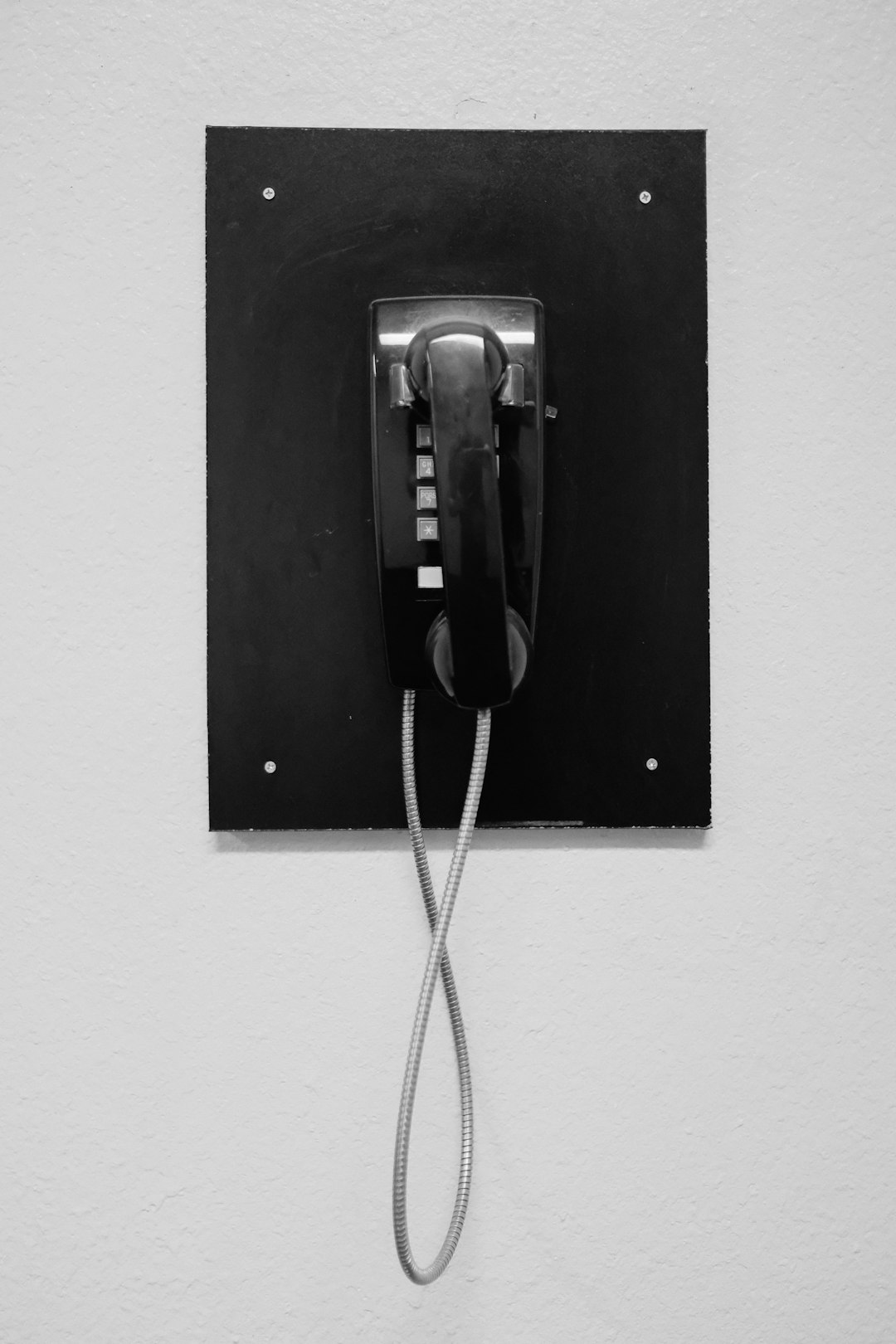Nebraska's strict Spam Call Laws require businesses to obtain written consent before sending promotional messages and keep detailed records of all outgoing communications. Failure to comply can result in fines up to $1,000 per violation. Consulting a specialized Spam Call law firm Nebraska is crucial for ensuring compliance, resolving customer complaints, and protecting against legal risks.
In Nebraska, effective record-keeping is crucial for businesses sending messages to protect against legal pitfalls stemming from spam call laws. This comprehensive guide navigates the intricacies of Nebraska’s strict regulations, offering best practices for responsible communication. From understanding the legal landscape to implementing robust record-keeping systems, business owners will learn how to safeguard their operations and maintain customer trust. By adhering to these guidelines, companies can avoid costly mistakes and ensure compliance with Nebraska’s spam call law firm regulations.
Understanding Nebraska's Spam Call Laws

In Nebraska, businesses engaging in telemarketing activities must adhere to strict regulations set forth by state laws. Understanding and complying with Nebraska’s Spam Call Laws is crucial for any business sending messages to residents within the state. These laws are designed to protect consumers from unwanted and deceptive marketing practices.
Under the Nebraska Revised Statutes, telemarketers are required to obtain written consent before making any phone calls for promotional purposes. This includes obtaining explicit permission from recipients to send them sales or advertising materials. Failure to comply can result in significant fines, with penalties reaching up to $1,000 per violation, making it essential for businesses to seek legal counsel from a Spam Call law firm Nebraska to ensure they remain compliant and protect their operations from potential legal repercussions.
Effective Record-Keeping for Business Communication

Effective record-keeping is paramount for businesses engaging in communication, especially when sending messages in Nebraska, where compliance with the state’s anti-spam call laws is mandatory. It involves more than just storing messages; it entails organizing, cataloging, and preserving data to ensure transparency, accountability, and legal defensibility.
Businesses should implement a structured system to log all outgoing communications, including date, time, recipient, content of the message, and the method used (phone call, text, email). This practice becomes increasingly vital when dealing with customer complaints or disputes related to spam call laws in Nebraska. Proper record-keeping enables businesses to demonstrate their compliance efforts, quickly identify potential issues, and take corrective actions if necessary, thereby fostering trust among clients and avoiding legal pitfalls.
Protecting Your Business and Customers from Legal Pitfalls

Protecting your business and customers from legal pitfalls is paramount, especially in a state like Nebraska with strict regulations regarding spam calls. A key aspect is maintaining meticulous records of all communication. This includes logging call details, such as dates, times, caller information, and recipient responses. Such documentation not only aids in compliance with the Spam Call law but also serves as evidence in case of any disputes or legal issues that may arise.
By keeping comprehensive records, businesses can demonstrate their efforts to adhere to Nebraska’s regulations, protecting themselves against potential accusations of non-compliance. This proactive approach not only safeguards customer relationships but also fosters trust and transparency, which are essential for long-term business success in a competitive market.






